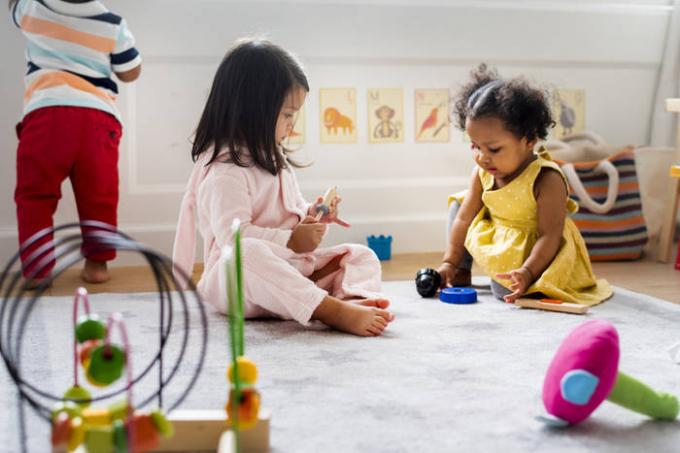Most often, children who do not have friends close and did not directly talk about it.

Of course, in a different age, children make friends in different ways. Kindergarten - share toys with coming up with the game. In primary school age - are drawn to those who can be blamed, who lives in the same yard or someone convenient to walk to and from school. Teenagers tend to be friends with those who have a certain status - like the opposite sex, wearing fashionable clothes, new gadgets, can compete with the older. At the same age start first serious conflicts when children are faced with jealousy and betrayal.

If your child has no friends, it is necessary to analyze the reasons. Perhaps the child is behaving too aggressively, or brags a lot, or does not accept the unspoken rules of the group, or there is some other reason. Talk with your child's teacher, maybe they will help you find the answer.

What can parents do to help your child make friends?
1. Develop emotional intelligence of the child. Teach him sympathy, support, learn to share, and to protect those who are weaker, to express their emotions.
2. Let the kid with a couple of extra apples in school or more candy so he could treat their peers.
3. Help your child maintain their status. And this applies not only teenagers, but also younger children. For peer acceptance they need some external attributes - clothing, accessories, gadgets, participation in school trips, etc.

You part of this merchandise may seem unnecessary, and indeed - if the friendship is based solely on material goods, then it will end the conflict and betrayal. It is important to explain this to the child, but nevertheless did not deny him buying things that will help to find common ground with their peers.
4. Create an environment in which the child can chat with your friends. If a child with no one finds a common language in school - should think about his transfer to another educational restaurant, still preserved sometimes the whole school, he spends most of the day, and friendship with the years a life.
Forbid your child hanging out with friends after school or invite them home. There may be certain restrictions, but to put this communication are not fully under the ban is necessary.
Try to travel with other married couples who have children. Maybe kids will make friends. But to impose them is not necessary.
5. Teach your child to listen to other people. First of all - by his own example, of course. Perhaps your child does not understand some of the rules of communication in a group that other people seem obvious. In this case, you must gently explain to him how to do standing. For example, no one is friends with a sneak and bouncers that do not need to constantly interrupt others or making fun of shortcomings, etc.
You will be interested to know, what to do if you do not like child's friends.


